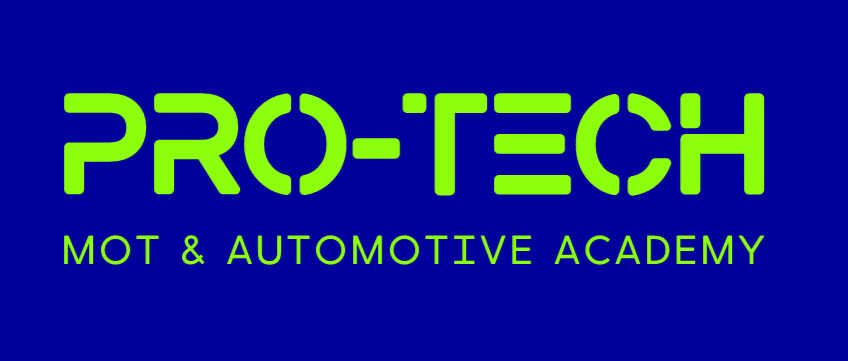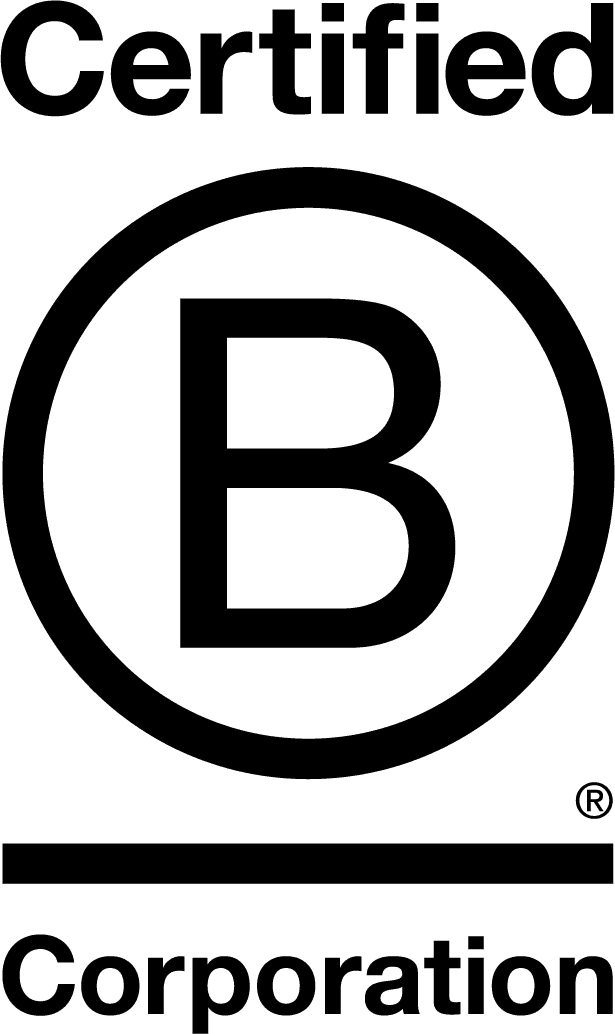

Arleigh Holdings Limited T/A Pro-Tech MOT and Automotive Academy

1.6
Staffordshire, United Kingdom
November 2025
Education & training services
Service with Minor Environmental Footprint
United Kingdom
Pro-Tech MOT & Automotive Academy is a purpose-driven automotive training provider based in Burton-on-Trent, delivering MOT, EV, ADAS and compliance training to technicians, businesses and industry leaders across the UK. Founded by Amy-Jane and Leigh Marsden, Pro-Tech was built on a commitment to raising standards, improving safety, and empowering every learner to thrive in their career. As the first automotive training provider and the first IMI-accredited centre in the world to achieve B-Corp Certification, Pro-Tech is proud to lead by example in a sector undergoing rapid technological and environmental change. Our work is rooted in integrity: we will always prioritise quality over profit, learner experience over volume, and long-term impact over short-term gain. From our specialist training facility to our consultant-led MOT support services, we combine real-world workshop experience with industry expertise to deliver training that is accessible, practical and genuinely transformative. We champion safer working practices, support local communities, and collaborate with organisations across the UK to strengthen the future of the automotive sector. Pro-Tech exists to help people succeed and to help the industry move forward responsibly, sustainably and with purpose.
Overall B Impact Score
Governance 8.6
Governance evaluates a company's overall mission, engagement around its social/environmental impact, ethics, and transparency. This section also evaluates the ability of a company to protect their mission and formally consider stakeholders in decision making through their corporate structure (e.g. benefit corporation) or corporate governing documents.
What is this? A company with an Impact Business Model is intentionally designed to create a specific positive outcome for one of its stakeholders - such as workers, community, environment, or customers.
Workers 29.9
Workers evaluates a company’s contributions to its employees’ financial security, health & safety, wellness, career development, and engagement & satisfaction. In addition, this section recognizes business models designed to benefit workers, such as companies that are at least 40% owned by non-executive employees and those that have workforce development programs to support individuals with barriers to employment.
Community 24.2
Community evaluates a company’s engagement with and impact on the communities in which it operates, hires from, and sources from. Topics include diversity, equity & inclusion, economic impact, civic engagement, charitable giving, and supply chain management. In addition, this section recognizes business models that are designed to address specific community-oriented problems, such as poverty alleviation through fair trade sourcing or distribution via microenterprises, producer cooperative models, locally focused economic development, and formal charitable giving commitments.
Environment 4.8
Environment evaluates a company’s overall environmental management practices as well as its impact on the air, climate, water, land, and biodiversity. This includes the direct impact of a company’s operations and, when applicable its supply chain and distribution channels. This section also recognizes companies with environmentally innovative production processes and those that sell products or services that have a positive environmental impact. Some examples might include products and services that create renewable energy, reduce consumption or waste, conserve land or wildlife, provide less toxic alternatives to the market, or educate people about environmental problems.
Customers 29.5
Customers evaluates a company’s stewardship of its customers through the quality of its products and services, ethical marketing, data privacy and security, and feedback channels. In addition, this section recognizes products or services that are designed to address a particular social problem for or through its customers, such as health or educational products, arts & media products, serving underserved customers/clients, and services that improve the social impact of other businesses or organizations.
What is this? A company with an Impact Business Model is intentionally designed to create a specific positive outcome for one of its stakeholders - such as workers, community, environment, or customers.